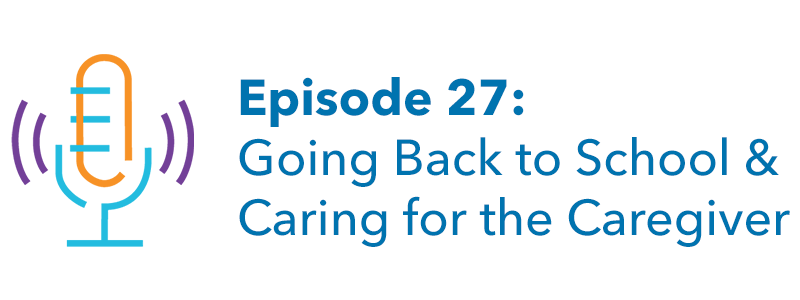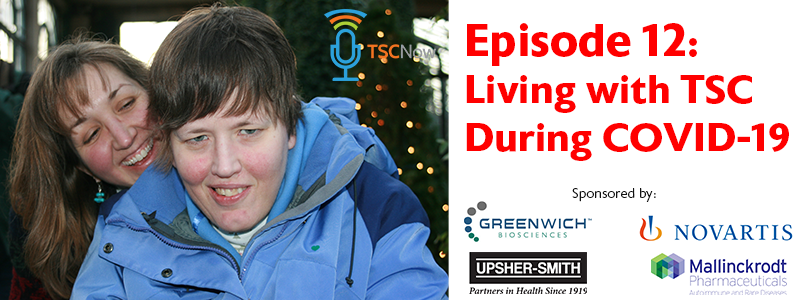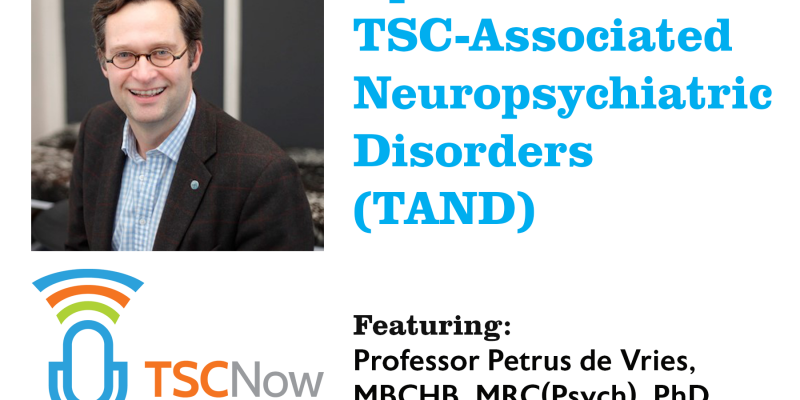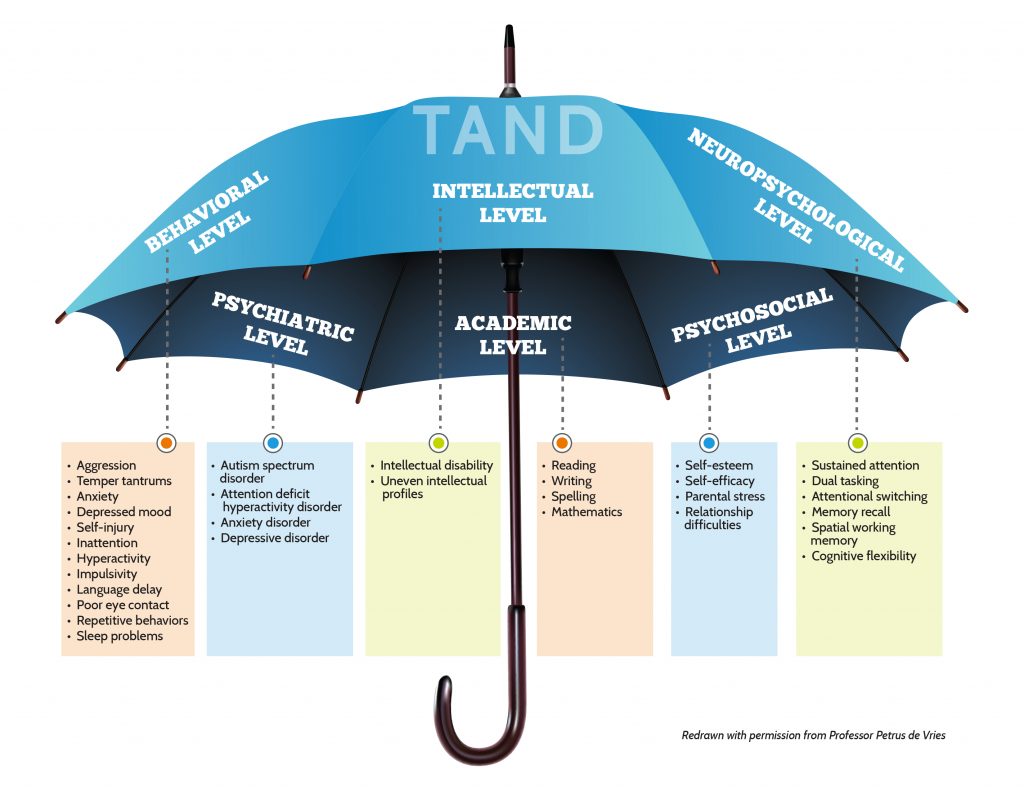Podcast: Play in new window | Download
Subscribe: Apple Podcasts | Spotify | Amazon Music | Blubrry | RSS | More
In Episode 27 of TSC Now, host Dan Klein learns how parents can prepare for the start of a new school year despite the ongoing pandemic. Dan also talks to a licensed professional counselor to get advice on how parents and caregivers can cope with the stress, anxiety and trauma the last year and a half has caused, so that they are looking out for their own well-being in addition to supporting their loved ones with TSC.
First, Dan talked to Lilian Ansari, TSC Alliance Community Programs Resource Advisor (01:13). She gives helpful advice and tips on making decisions about in-person schooling, ensuring that Individualized Education Programs (IEPs) make up for lost learning that may have occurred while students were at home, and how parents can most effectively communicate with their IEP team. Lilian also shares the resources and support available from the TSC Alliance to help parents effectively advocate for their kids in their school system.
You can access all of our School resources here. If you have general school-related questions you can call Shelly Meitzler, Community Program Manager East, at (800) 225-6872 or email her at smeitzler@tscalliance.org.
Then, Dan talks to Latrice Hamilton, a licensed professional counselor at Journey to New Beginnings. With many TSC caregivers feeling the stress and anxiety of the ongoing pandemic in addition to sending kids back to school, Latrice offers some helpful advice on how to manage stress, communicate effectively with loved ones, and ask for help so that parents can make sure they are taking care of their own mental well-being in addition to caring for their loved ones with TSC.
All of the TSC Alliance’s COVID-19 resources can be found at www.tscalliance.org/covid-19. If you need immediate support from the TSC Alliance you can call our emergency hotline 9 am – 9 pm Eastern: (240) 463-7250.
Resources and Links
- TSC Alliance Education Publications: https://www.tscalliance.org/individuals-families/school-issues/
- TSC Alliance IEP Intake Form: https://www.tscalliance.org/iep-intake-form/
- TSC Now Episode 4: Educational Issues in TSC and How to Advocate for Your Child in School with Lilian Ansari: https://tsc-now.blubrry.net/2019/08/16/episode-4-educational-issues-in-tsc-and-how-to-advocate-for-your-child-with-lilian-ansari/
- ABC to SAP: Why Your Child Needs a Seizure Action Plan Webinar: https://youtu.be/V1h7rVo58Po
- SAP Coalition Virtual Backpack: https://seizureactionplans.org/virtual-backpack/
- Butterfly Hug Method for Bilateral Stimulation: https://emdrfoundation.org/toolkit/butterfly-hug.pdf







